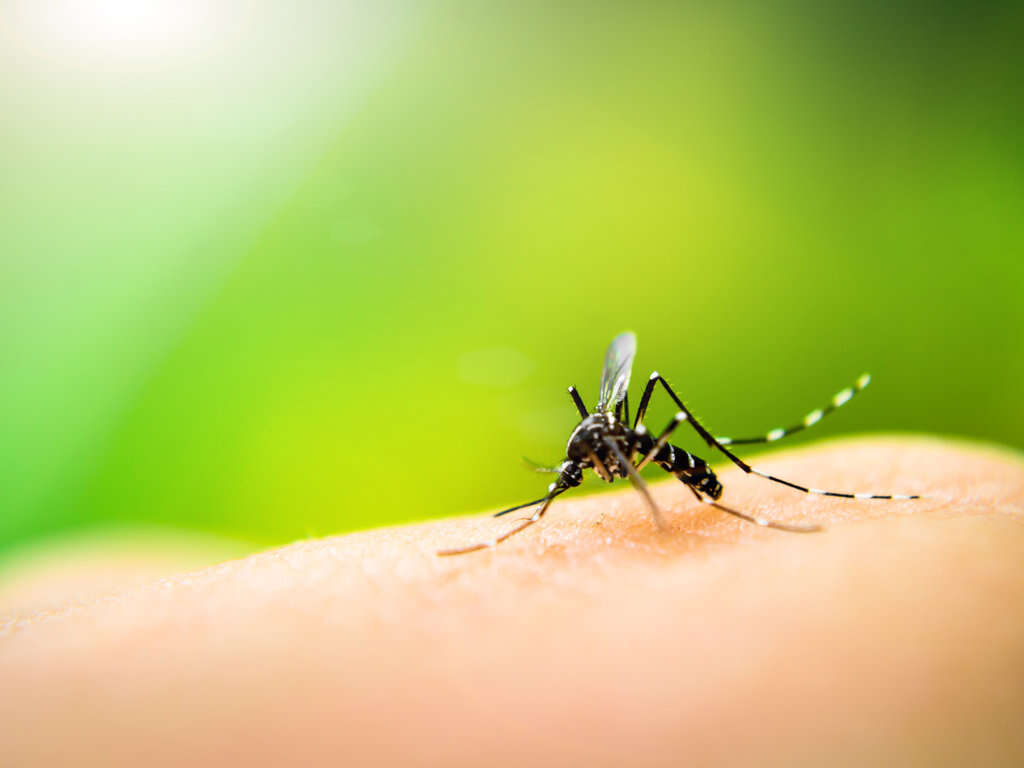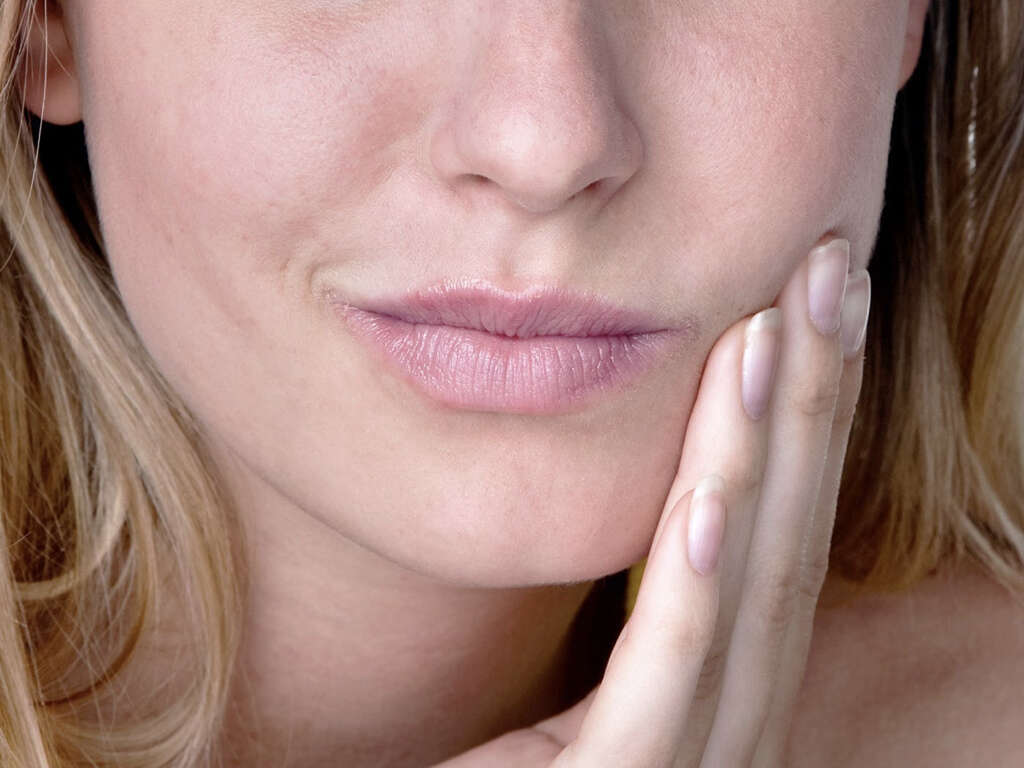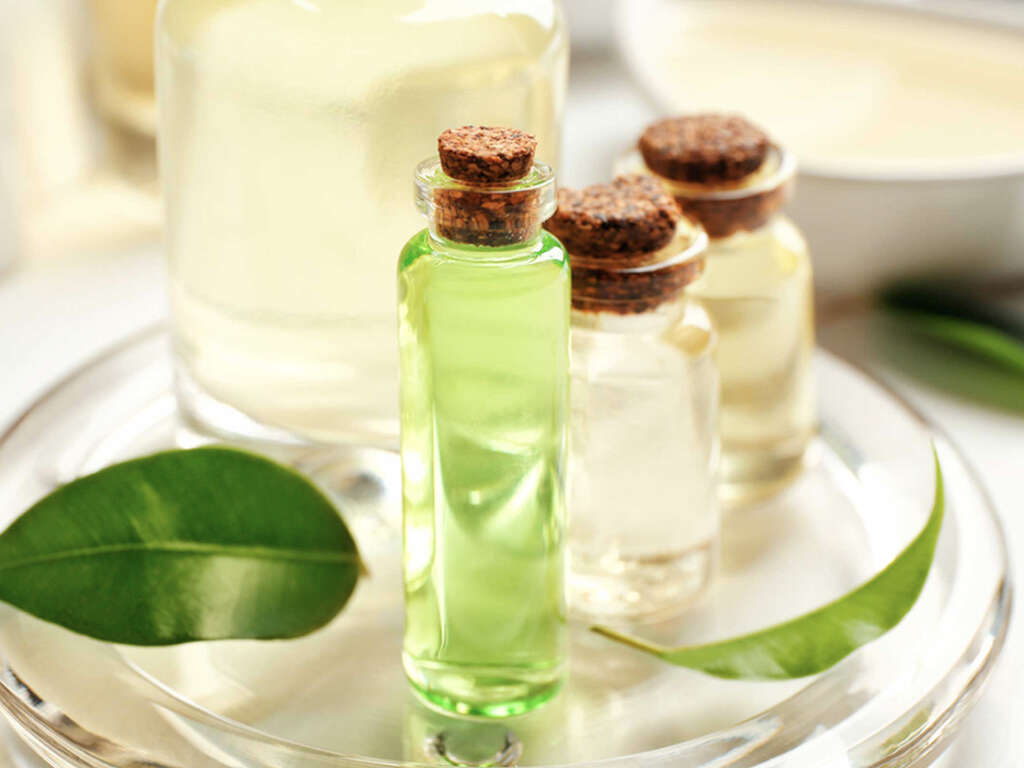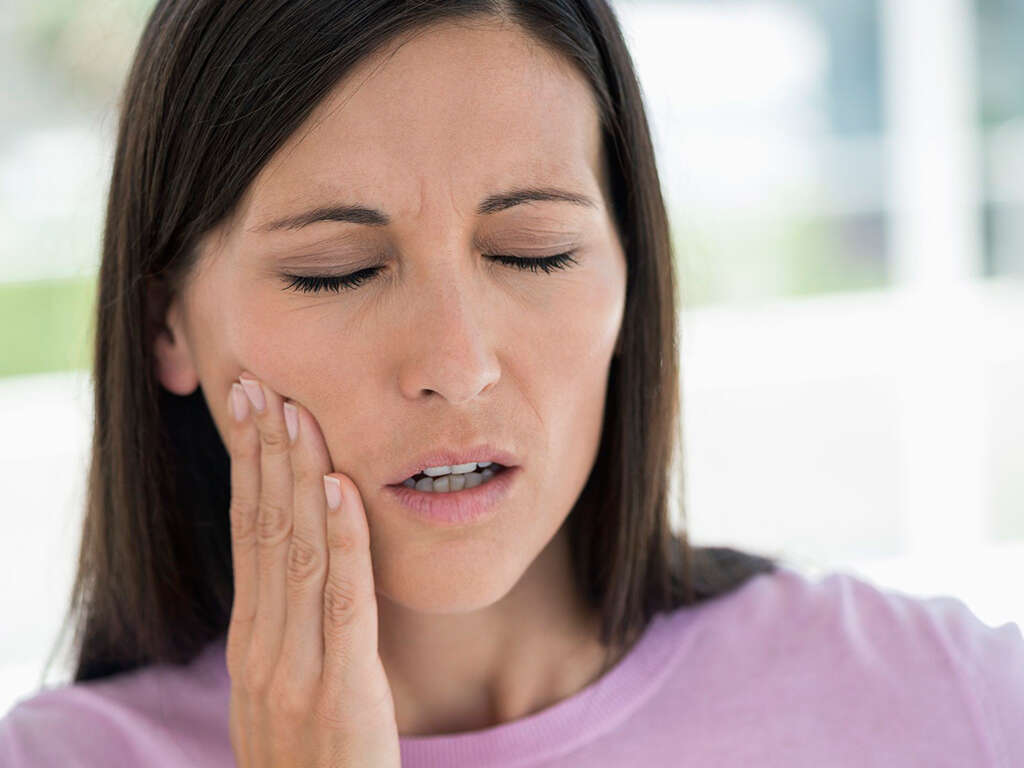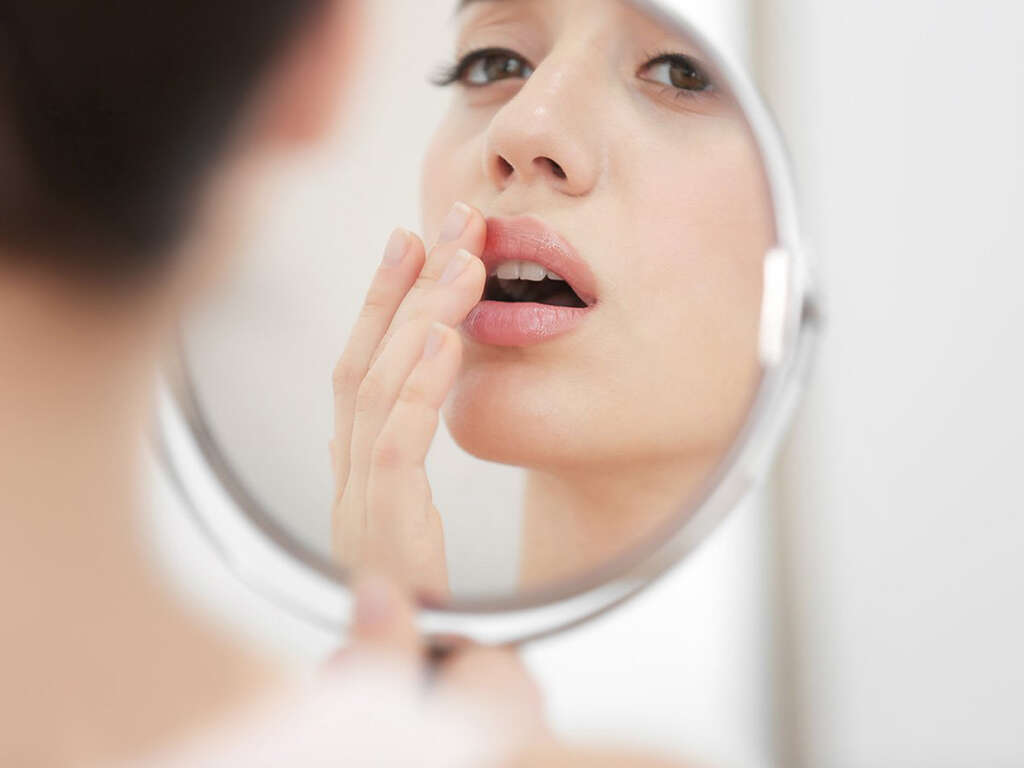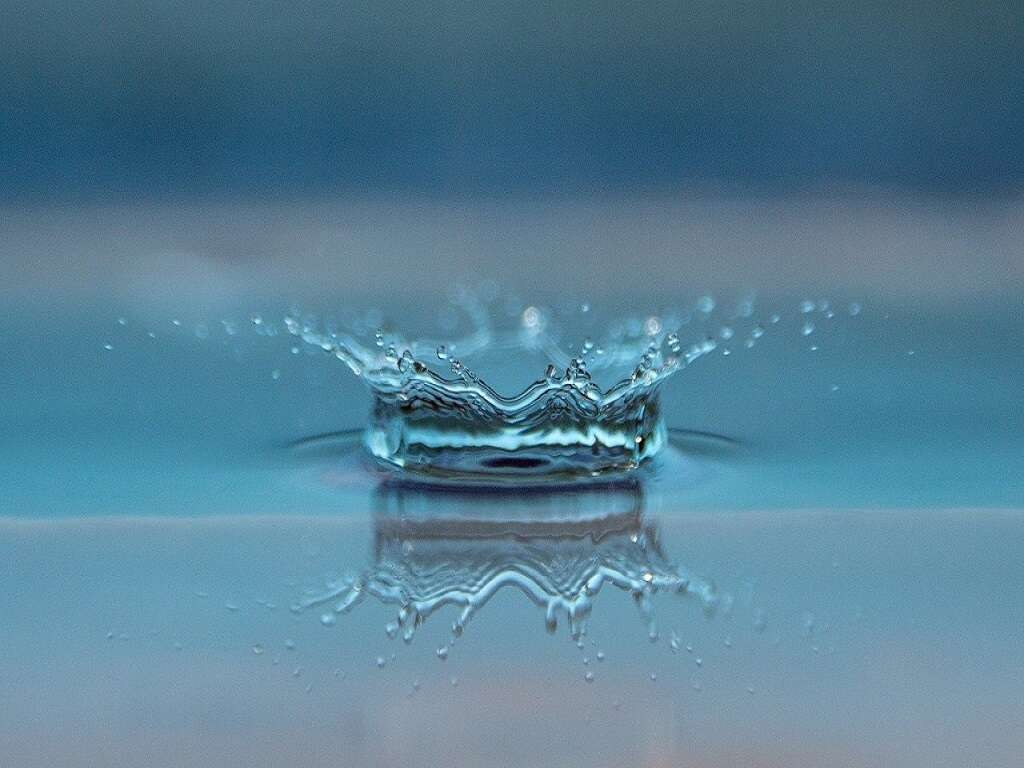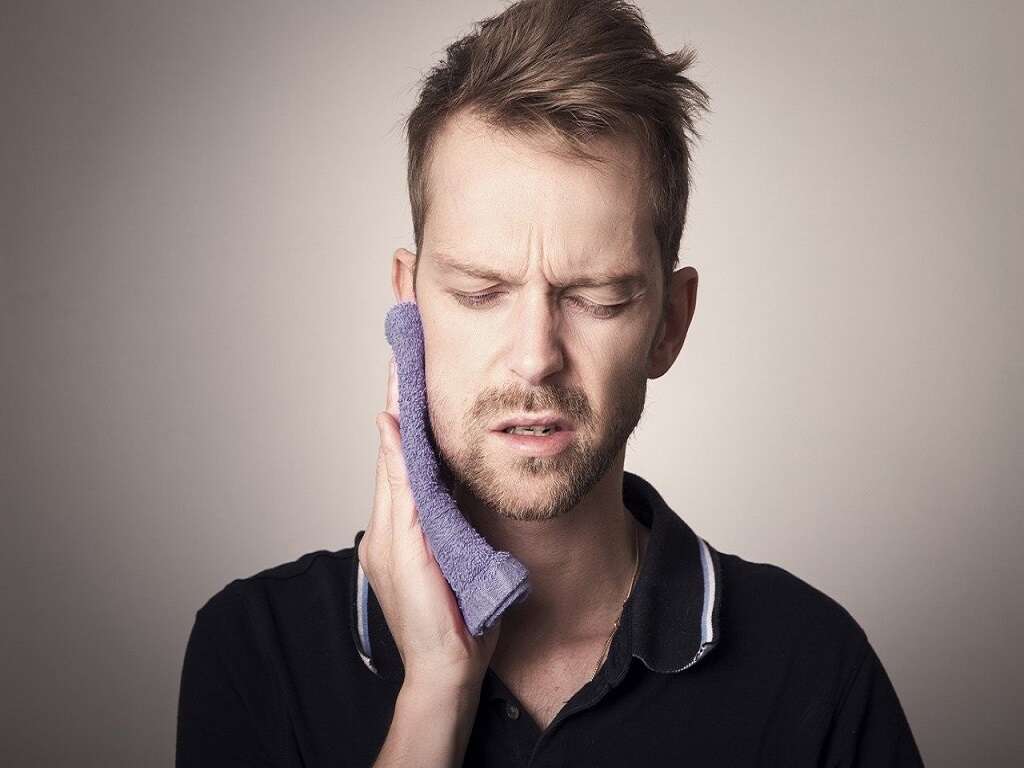What Causes Cold Sores?
 Article Sources
Article Sources
- 1. Tan, J. (2017, August 18). Is stress causing your cold sores? Www.Avogel.co.uk. https://www.avogel.co.uk/health/immune-system/cold-sores/is-stress-causing-your-cold-sores/
- 2. World. (2020, January 5). Herpes simplex virus. Who.Int; World Health Organization: WHO. https://www.who.int/news-room/fact-sheets/detail/herpes-simplex-virus
- 3. Hall, O. J., Klein, S. L. (2017). Progesterone-based compounds affect immune responses and susceptibility to infections at diverse mucosal sites. Mucosal Immunology, 10(5), 1097–1107. Nature Research. https://doi.org/10.1038/mi.2017.35
- 4. Cold Sore Triggers: Do Certain Foods Cause Outbreaks? (2020, January 27). Healthline. https://www.healthline.com/health/cold-sore-triggers
Cold sores refer to a group of blisters that can appear on the outside of the lips, nose, or cheeks. This condition is caused by the herpes simplex virus, which can be categorized into type 1 herpes (HSV-1) and type 2 herpes (HSV-2). Most often, sores that appear on the mouth are caused by HSV-1, which contributes to 90% of all herpes cases.
Cold sores can be very painful and embarrassing for people, and some individuals have recurrent cases that are hard to tackle. While this condition is not typically harmful to adults or children, it can be dangerous if passed on to young babies. While the virus that causes cold sores does not ever go away completely, there are several triggers that can cause cold sores to form.
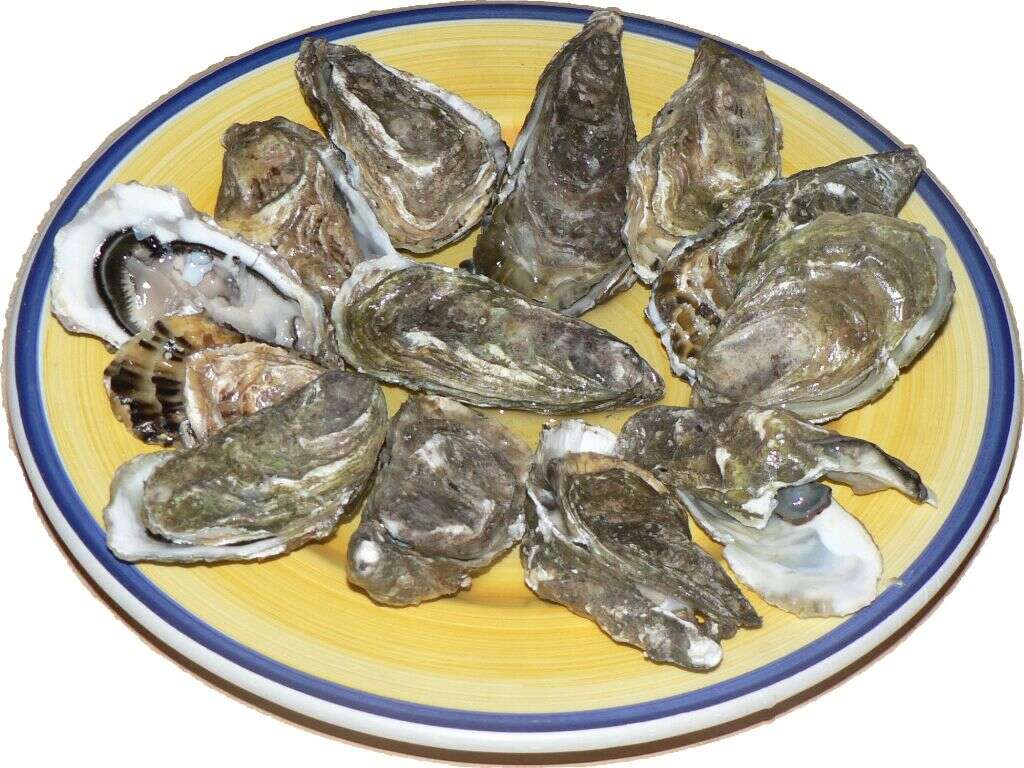
1. Stress and Fatigue
Both stress and fatigue can place a major toll on a person’s immune system, which can lead to the activation of dormant herpes within the individual and cause cold sores to develop. However, a weakened immune system only triggers the blisters in people who already have herpes in their body.
There has been much research done on the severe effects stress has on the body, from slowing down the immune system to making restful sleep nearly impossible to achieve. Being under constant stress or consistently not getting enough sleep at night makes it difficult for the body to fight off herpes, so that symptoms such as cold sores may get out of control.1Tan, J. (2017, August 18). Is stress causing your cold sores? Www.Avogel.co.uk. https://www.avogel.co.uk/health/immune-system/cold-sores/is-stress-causing-your-cold-sores/

2. Sickness
Coming down with the flu or the common cold also weakens a person’s immune system, which allows cold sores to make a recurrence. For people who have never had herpes previously, already being sick and having a weakened immune system can make them more susceptible to contracting the virus.
Additionally, people with chronic conditions or autoimmune disorders are more likely to get recurrent cold sores as the body is not well-equipped to fight off herpes. For instance, undergoing cancer treatment, living with HIV/AIDS, and being on anti-rejection drugs following an organ transplant can all trigger cold sores.

3. Person-to-Person Contact
While herpes type 2 often takes form as a sexually transmitted disease that affects the genitals area, type 1 herpes can be spread from person to person in other ways. Cold sores are very contagious, so people can contract the virus if they kiss another person with a sore or touch the sore before touching their own mouth. Both types of herpes can be spread through sexual contact as well.
In some situations, asymptomatic shedding can occur, which involves the spread of herpes when no sores or symptoms are present. Most people contract herpes when they are a child and continue to carry the infection for the rest of their life. According to a 2016 study, approximately 45% of Americans and 67% of the world under the age of 50 have herpes.2World. (2020, January 5). Herpes simplex virus. Who.Int; World Health Organization: WHO. https://www.who.int/news-room/fact-sheets/detail/herpes-simplex-virus

4. Sharing Utensils or Other Belongings
Cold sores can also be spread by sharing utensils and other belongings that come into contact with a person’s mouth. This can include sharing drinks, lip balm, face towels, toothbrushes, and even bed sheets. People who have a cold sore should not share any of these items with anyone, even their spouse or other family members.
Individuals with a cold sore should also refrain from kissing other people, especially young babies. Caution should be taken during sexual intercourse, and oral sex should be avoided as cold sores on the mouth can spread to the genitals and surrounding area. Fortunately, herpes does not live on surfaces outside of the body for long periods of time.
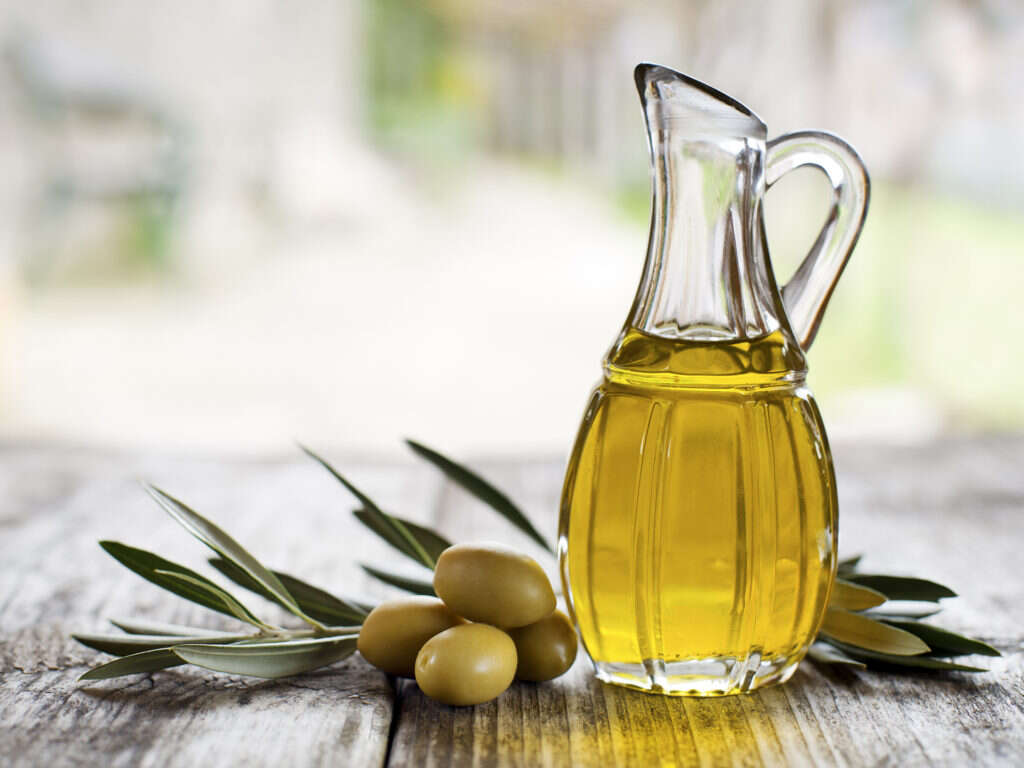
5. Hormonal Changes
Hormonal changes, especially female sex hormones, can make individuals more susceptible to both contracting herpes and having a herpes outbreak. Menstrual cycles, pregnancy, menopause, and starting or stopping birth control pills are all examples of potential hormonal changes that can cause cold sores.
This is likely partly due to the fact that a woman’s immune system may dip during the menstruation cycle. In addition, hormonal contraceptives, especially those that primarily contain progesterone, have been linked to a higher susceptibility to herpes.3Hall, O. J., Klein, S. L. (2017). Progesterone-based compounds affect immune responses and susceptibility to infections at diverse mucosal sites. Mucosal Immunology, 10(5), 1097–1107. Nature Research. https://doi.org/10.1038/mi.2017.35
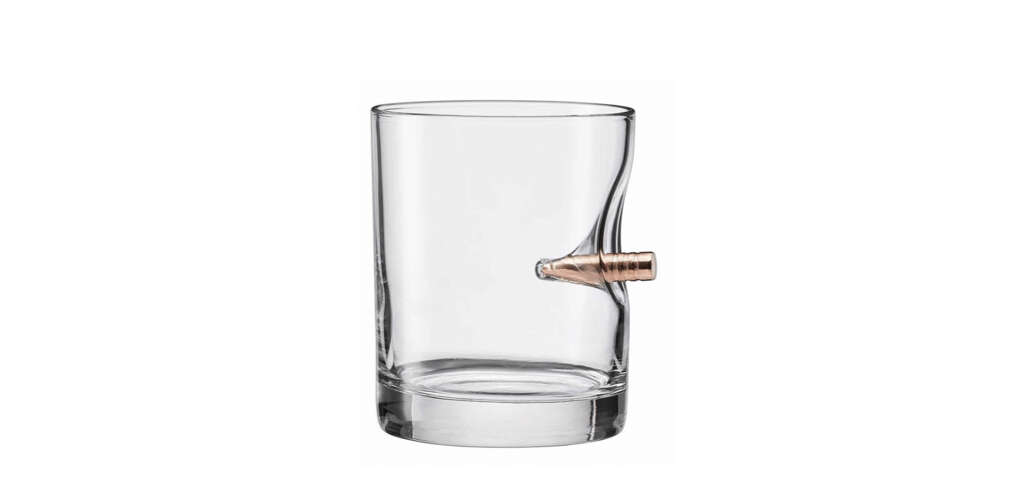
6. Sun Exposure or Sunburn
Heavy exposure to the sun can be another trigger for cold sores. It is thought that UV rays may have a negative impact on the immune system. It can be tricky differentiating lip blisters causes by sunburns from cold sores. Sunburn on the lips may appear as little white bumps while cold sores look more like ulcers.
Protecting the lips from the sun is the best preventive action people can take to prevent cold sores on sunny days. Wearing sunscreen on the lips or a lip balm of SPF 15 or higher has been shown to help keep cold sores at bay.
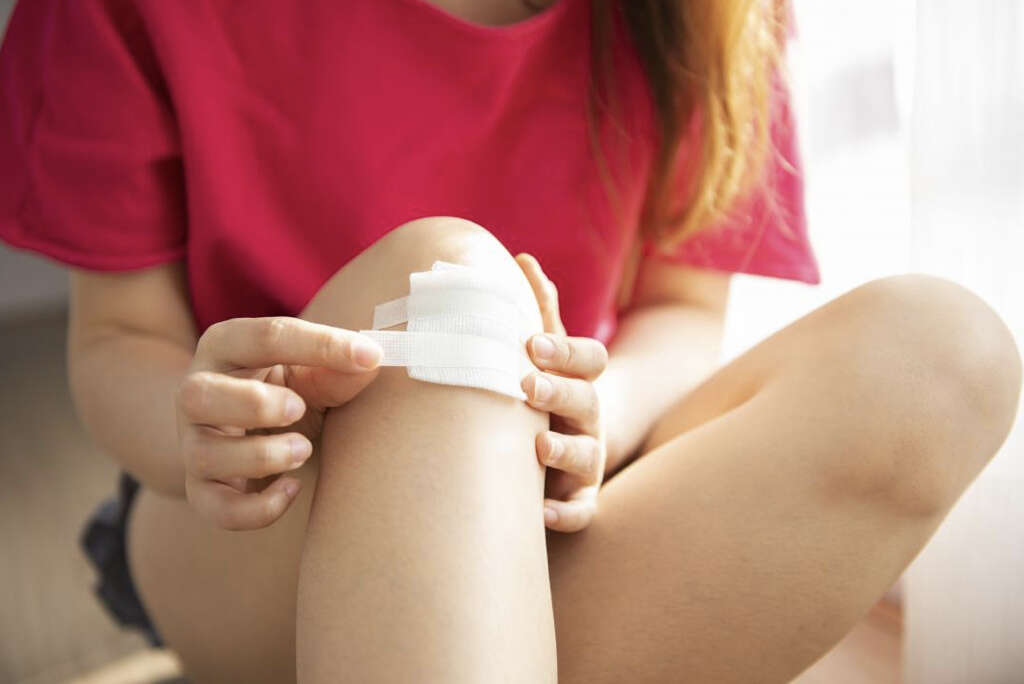
7. Wind Exposure
If the lips get too dry and cracked, it is possible for cold sores to develop. Licking the lips can increase susceptibility to an outbreak and even cause the virus to spread around the mouth. High wind can quickly dry out the lips and cause them to get cracked.
People are more likely to develop cold sores in the winter. The transition from cold, windy weather to a warm, heated indoor environment can be especially traumatic on the skin around the lips. Using lip balm regularly and covering the mouth with a scarf or jacket can help with prevention.

8. Allergies
Allergies are caused when a person’s immune system abnormally attacks an otherwise harmless substance. While some people’s immune systems are overreactive and target pet dander, pollen, or peanuts, others do not react.
This change in the person’s immune system can create the perfect conditions for once-dormant herpes to come into play and cause cold sores to form. Attempting to control the allergy with over-the-counter medication may help.

9. Dental or Cosmetic Work
Similar to the wind drying out the lips and causing trauma to the area, dental or cosmetic work can similarly stretch the lips and cause small tears or cuts. These cuts can lead to cold sores if a person already has herpes.
Patients who are prone to cold sores should communicate with their dentist or doctor prior to the procedure. There are also medicines available that can help prevent cold sores if individuals know that they will be facing a certain trigger, such as getting dental work done.
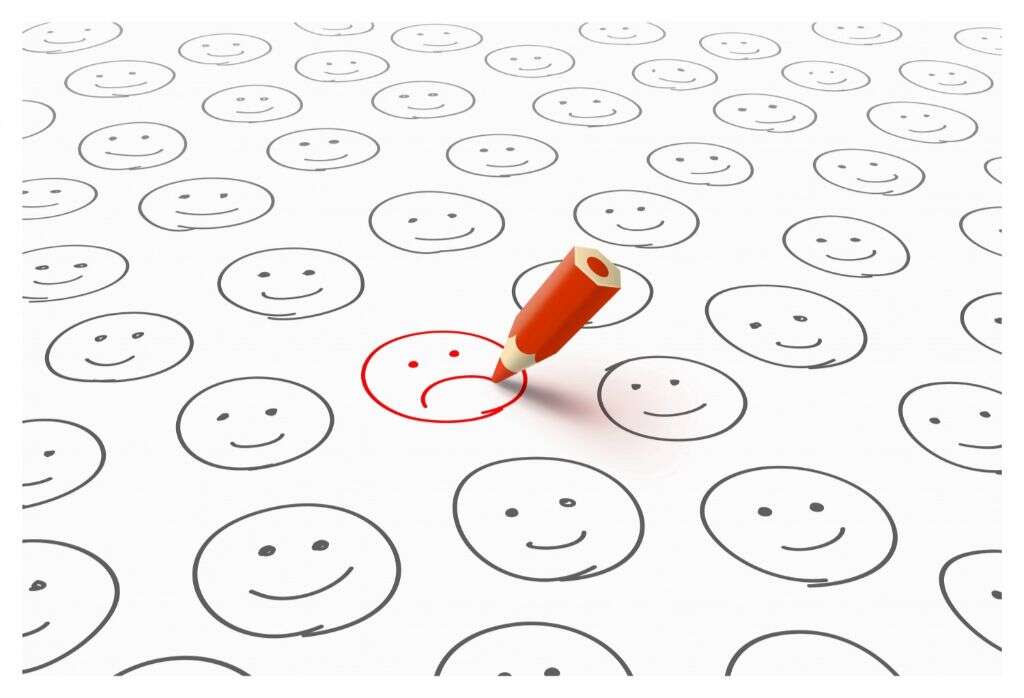
10. Consumption of Certain Foods
A diet high in certain types of food can contribute to a reoccurring cold sore issue. While there is still research being done on this matter, there are a few dietary changes that may help someone avoid getting cold sores.
Food high in arginine, which is found in some meats, legumes, whole grains, and nuts, can potentially cause an outbreak. Increasing consumption of lysine, which is found in soybeans, fish, cheese, and some other food items, may counteract the effects of arginine.4Cold Sore Triggers: Do Certain Foods Cause Outbreaks? (2020, January 27). Healthline. https://www.healthline.com/health/cold-sore-triggers
